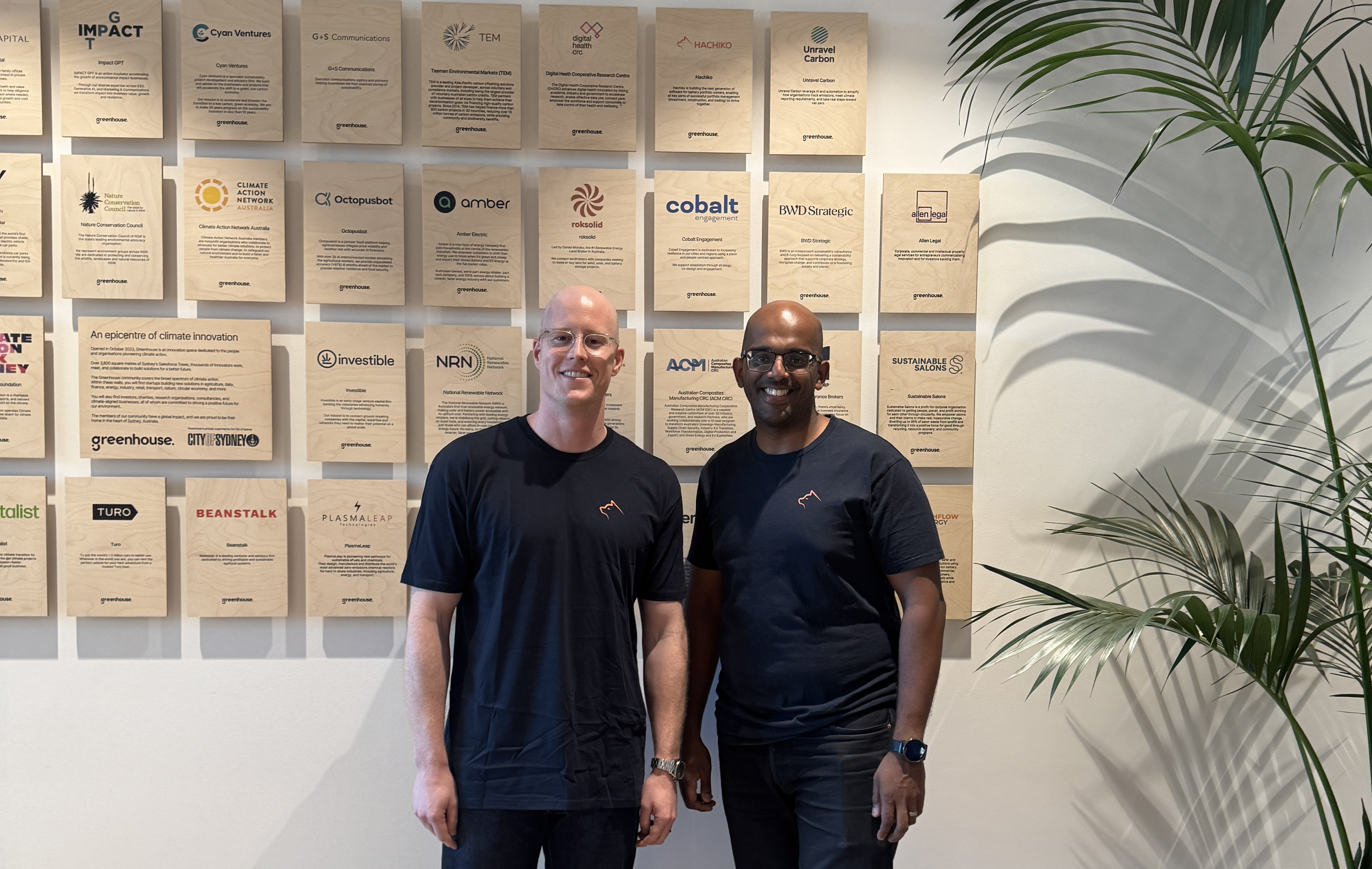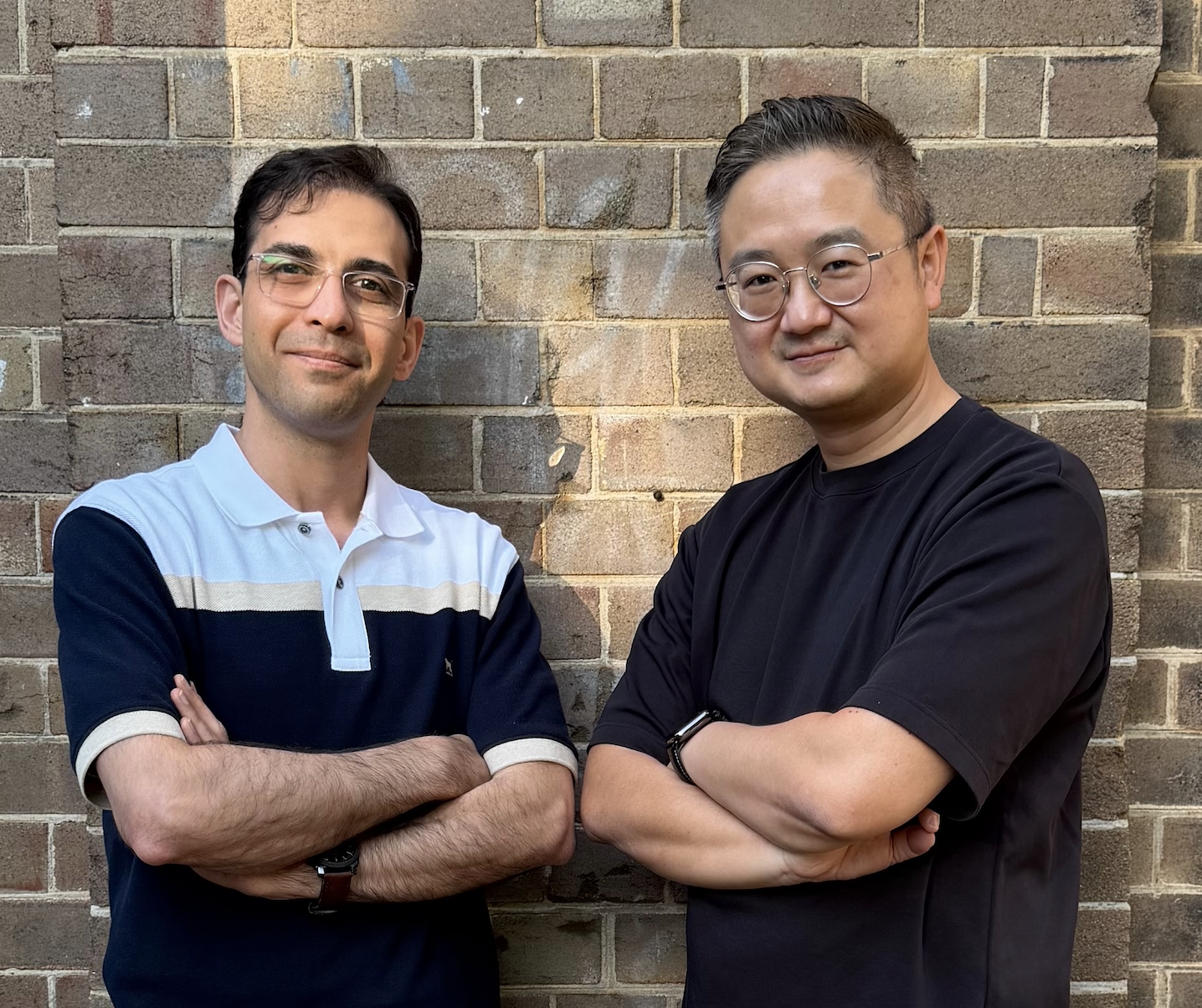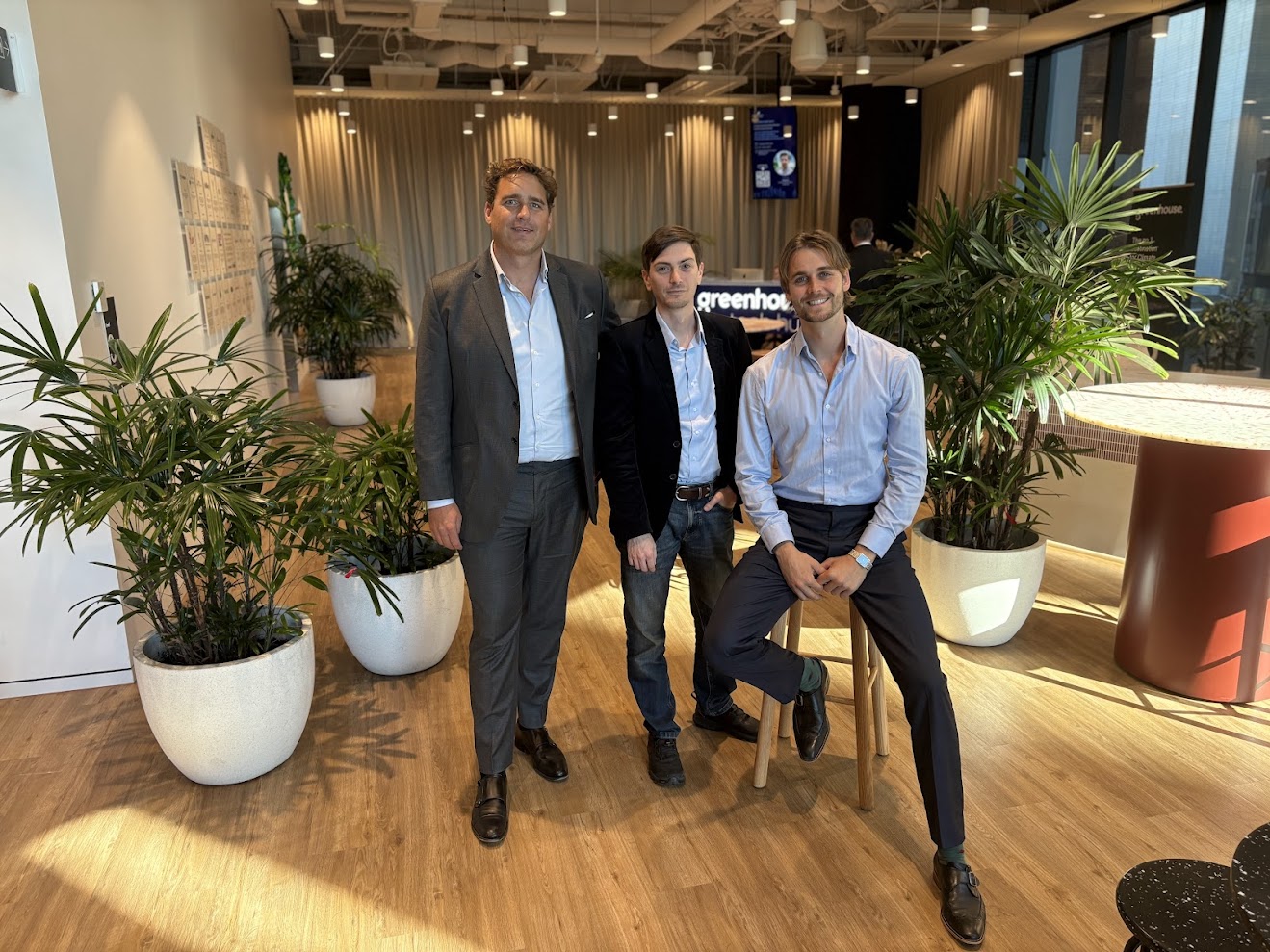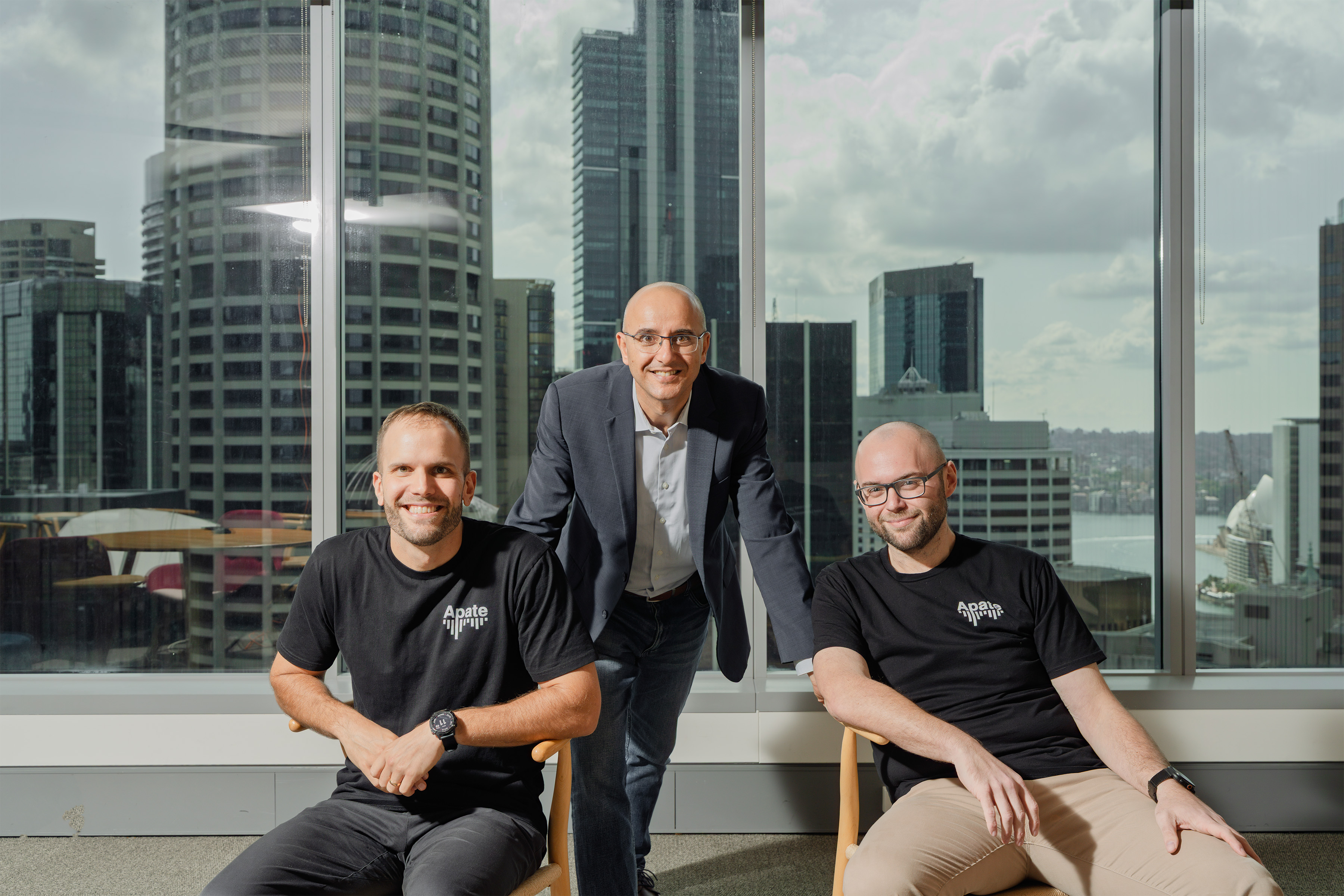
Investible’s Climate Tech Fund led Yume Foods’ AUD 2m Seed round, with participation from Investible’s Early-Stage Fund 2, Club Investible, LaunchVic, Edgewater Capital and several angels. This marks the 21st investment from the Climate Tech Fund in under 2 years, and Investible’s first tripartite investment – investing across 3 of our active Australian funds.
In these investment notes, we will share insight into why we chose to invest in Yume Foods and back the brilliant Katy Barfield, whose journey spans not-for-profit founder to for-profit-with-impact, plus the exceptional Yume team she has assembled.
Food waste is a financial burden with a large impact
UN Sustainable Development Goal 12 pronounces “too much food is being lost or wasted everyday” with 13.3% of the world’s food being lost after harvesting and before reaching retail markets, with a further 17% wasted at the consumer level. Quite often, we see startups trying to solve food waste with ideas surrounding last-minute purchasing at café’s (the 50% discounted lunch dishes at 2pm); however, the gap between harvesting and reaching the consumers is rarely targeted.
Rising concern around food waste is not just for consumers, more and more governments around the globe are implementing mandatory food waste regulation around collection and disclosure. The UK government have implemented a compulsory food waste collection and disclosure, meaning food waste cannot be sent to landfill or incineration. In the US, several states have organic waste bans or mandatory organics recycling laws.
Here, in Australia, 42% of our annual food waste comes directly from the commercial sector. Food waste accounts for about 3% of our annual GHG emissions, costs our economy around $36.6 billion each year and totals 7.6 million tonnes of food wastage across the entire supply and consumption chain. A staggering 3.2 million tonnes of this waste occurs before the food even makes it to supermarket shelves!
In Australia, actions have been laid out in the National Food Waste Strategy, including:
- Establishment of Stop Food Waste consortium – this includes Yume founder’s prior not-for-profit, SecondBite
- Developing the Australian Food Pact voluntary agreement for industry
- Commitments from Woolworths, Coles, McCain, Mars, Sodexo and others key industry contributors including Yume
- Plans to divert food to food rescue sector
- Investing in research and technological improvements, including ways to reduce food waste ending up in landfill

Organisations are trying to solve food waste for impact and profitability.
In line with the regulatory tailwinds and consumer sentiment, large manufacturers are beginning to drive the charge to a 0kg to landfill world. This includes the two-pronged approach of:
- Selling SLOB – slow moving and obsolete inventory
- Donating SLOB to those in need
We have seen commitments like the one from Unilever, who are attempting to halve food waste by 2025 in addition to, “zero waste to landfill and no good food destroyed.” They go on to highlight their ambition to achieve this through several initiatives including, “redirecting surplus food to where it’s needed.” Similarly, Kellogg’s are aiming to reduce food waste by 50% by 2030, including redistribution of food to those in need.
The reality is, however, that these large organisations have always had systems, processes and people involved in moving their SLOB. While a relatively negative sounding acronym, SLOB can simply refer to an item with months of shelf-life remaining, just not a suitable shelf-life for a larger retailer to purchase it. There are plenty of other channels to sell it through.
The process of selling these heavily discounted items is manual and inefficient, tending to have a dedicated sales team dedicated to traditional SLOB traders. One of the large organisations we spoke to in due diligence placed great emphasis on this component of the waste chain, and on the impact Yume has unlocked.

Yume helps organisations increase revenue, reduce cost base and prevent food from going to waste.
Yume are disrupting the current market norm of “garbage cans” and traditional traders who often use manual solutions to sell SLOB at heavy discounts.
The Yume marketplace has secured exclusive arrangements with 15 large food manufacturers, including some of Australia’s most recognised brands. This structure has diverted over 7 million kilograms of food waste away from landfill, processed over $20M of product sales, and recently surpassed $1m GMV.
What’s better for the manufacturers? They’ve seen sales per unit increase upwards of 20%, whilst no longer requiring a sales team to sell the SLOB. No wonder Yume have achieved 100% retention as the suppliers continue to renew their annual contracts.
There is also a strong flywheel effect. Every time a manufacturer joins Yume, they also bring their long list of customers who can now access SLOB from multiple suppliers.
Sales Data = Impact Data
Thanks to the product and sales data collected on Yume’s platform, manufacturers can quickly see the impact their participation in the marketplace is having.
Yume has automated report generation, with suppliers gaining access to annual reports highlighting CO2 reduction, food waste diverted and water reduction. One large manufacturer told us of the pride they had circulating this impact data around the entire organisation – that is to every employee and stakeholder.
A team of passionate industry experts
After spending a decade as the Director and Founding CEO of SecondBite, Katy Barfield, gained exposure to the significant impact food waste had on these larger organisations. Although SecondBite has gone on to have significant impact, such as their partnership with Coles, Katy noticed that there was a lot of surplus food that SecondBite wasn’t receiving.
Now, 17 years into her food waste prevention journey, which started when she owned a small bar in Melbourne, in 2022 Katy has been awarded a Medal of the Order of Australia (OAM) in recognition of her services to food, as well as recognised in the Australian Financial Review’s 100 Women of Influence - Business & Entrepreneurship Award in 2019 and a Telstra Business Women's Award in 2017.
The broader Yume leadership team includes Roslyn Aikman (CFO), who has nearly two decades of experience in financial accounting, and Katherine Gokavi-Whaley (CCO), who also brings two decades of experience in the food industry to the role.
A large amount of the money raised in this round will go toward the expansion of the Yume team — particularly in product and technology. The Investible Climate Tech Fund, and broader Investible fund teams are proud to have backed this remarkable team as our first tripartite investment.







